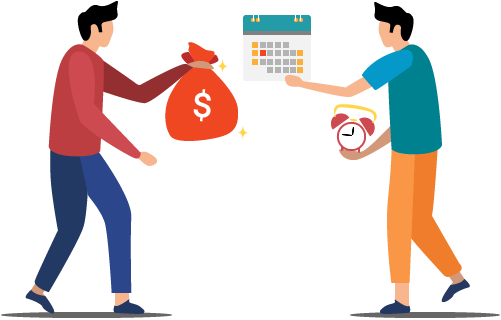Your Best Licensed Online Money Lender In Singapore: Cash Direct
We go the extra mile so you don’t have to.
Get your loan in 30 minutes.
We go the extra mile so you don’t have to.

Why take a cash loan from
Cash Direct?
Why take a cash loan from Cash Direct?
Established in
2010
Interest rate (p.m)
2-4%*
Borrowers Served
3718
Amount loaned to date
>49mil
Established in
2010
Borrowers Served
3718
Amount loaned to date
>49mil
Interest rate (p.m)
2-4%*
*T&Cs apply

Our professional office location is convenient yet discreet
Our professional office location is convenient yet discreet
Located just a 5 minute walk from Jurong East MRT station and Jurong East bus interchange, our newly refurbished office building is conveniently accessible and connected to Jurong Lake District, one of the biggest commercial hubs of the West.












repay their loans on time.
What they love about our services
With over 1,800 testimonials on Google, Cash Direct is one of the top reviewed online moneylenders in Jurong East.
Find out more about our team qualifications, values and office features here.
Have a good credit history or are a returning client?
We offer these perks*
Have a good credit history or are a returning client?
We offer these perks*
- You might be granted a longer repayment term.
- Higher approved loan amount depending on your annual income and repayment history.
- Faster processing time – we will help you expedite your application.
- You might get a reduced processing fee.
- Instant loan approval for those with good credit history.
- You might be given a grace period for late charges.
- Customisable payment due date that would suit your financial needs.
- We can arrange special opening hours for you in times of need.
- Early settlement? We provide pro-rated interest.
- You may even qualify for payday loans at 0% interest rate.
- Free credit report (which usually costs $6.42 if you request them from Credit Bureau Singapore)
- Collection officers are available to provide doorstep cash collection service if you are unable to do a bank transfer.
- Option for staff to escort you to the cash deposit machine or bank for large deposits after your loan is approved.
* T&Cs apply
How can you apply for a loan? 4 simple steps
Fill up your particulars on the consent forms and loan application form.
Our team of professional loan officers will then verify the information and credit checks.


Fill up your particulars on the consent forms and loan application form.
Our team of professional loan officers will then verify the information and credit checks.

We will conduct a short interview with you to better understand your financial issues and concerns.
During this time, we will discuss the loan amount and loan repayment.
Next, we will go through the loan contract with you and answer any questions you have in detail.


Next, we will go through the loan contract with you and answer any questions you have in detail.

Loan amount is then disbursed via cash or PayNow.
Types of loans offered

Personal Loan

Payday Loan

Business Loan

Debt Consolidation Loan

Grab/Gojek Loan

Wedding Loan

Renovation Loan

Medical Loan

Bridging Loan

Study Loan

Personal Loan

Payday Loan

Business Loan

Debt Consolidation Loan

Grab/Gojek Loan

Wedding Loan

Renovation Loan

Medical Loan

Bridging Loan

Study Loan
Can’t find a loan that suits your needs?
We are flexible. Share your needs with us and we can customise a loan for you.



